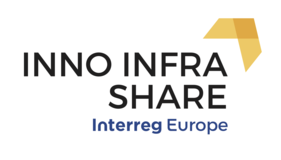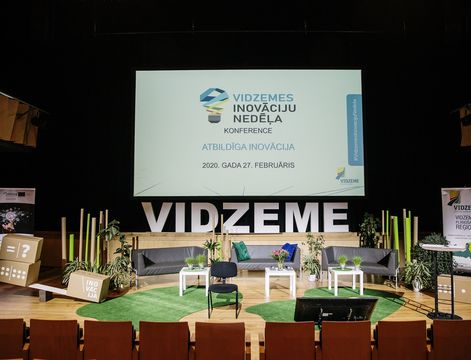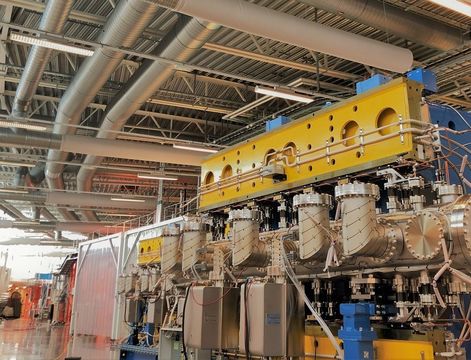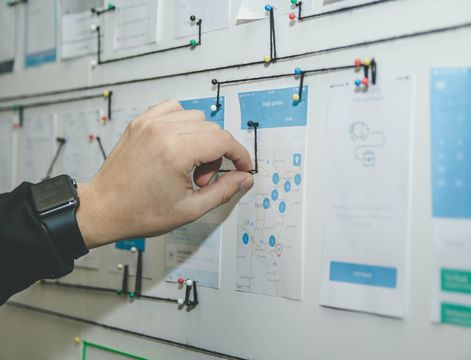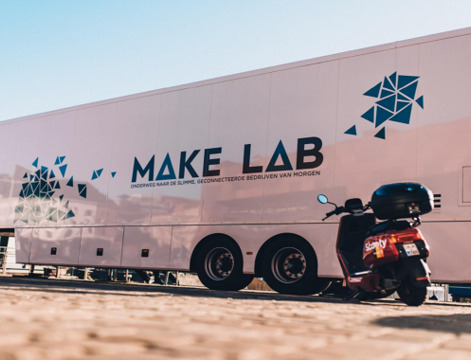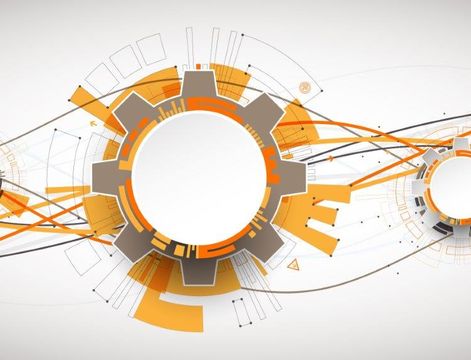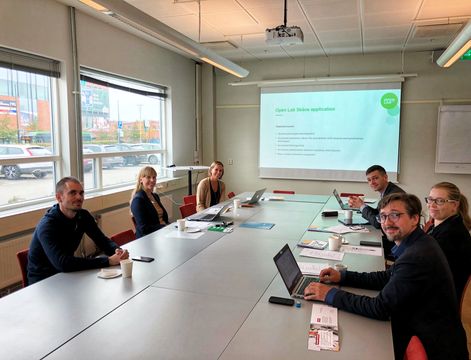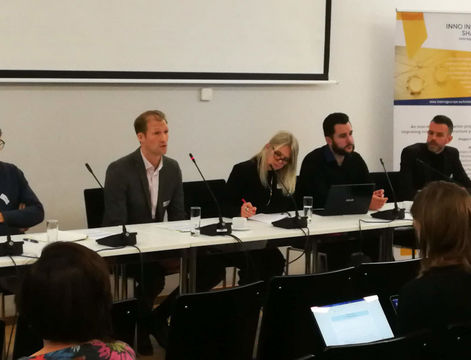Two local learning workshops and a local stakeholder meeting have taken place in Eindhoven at the 29th of June 2018. The location chosen was SintLucas College at Strijp S, creative and cultural centre of Eindhoven and former Philips industrial area. Around 80 stakeholders participated, broadly representing the triple helix: local and regional government, knowledge institutions and industry.
The subject of the workshops was: “Future exploration: Brainport 2038”. Future scenarios were discussed and translated into an innovation agenda, in order to assure a “future-proof” Brainport Eindhoven. These workshops were part of a broad process in which Brainport Development involves local stakeholders in thinking about the future and discussing the capacities of the region and its smart specialization strategy. These particular workshops were the start of a collective learning process in the region in which all players in and along value chains and networks work together to create new knowledge and opportunities. As such, Brainport aims at increasing the will, ability, involvement and ownership to innovate and create the future together, align development trajectories and set concrete actions for cooperation.
Questions about the future of the region’s Research and Innovation Infrastructures were put in the context of this broader future scenario exploration. During the session we discussed societal challenges ahead of us, in how far the region is future proof, with its current ecosystem and technological competences. And as a consequence: what should change in the way we work, collaborate and share? What are the implications for sharing strategies of RIIs in the region? Which issues for RIIs should be contemplated in order to come to a joint roadmap for development of the RIIs?

Some of the conclusions from the stakeholder discussions:
- Even though digitization sets through, proximity and sharing facilities on and between the regional campuses will continue to be important and needs to be improved;
- More and better co-ordinated facilities for start-ups are needed;
- In general, RII management is fragmented, project-based and a long-term strategy and roadmaps for RIIs lack;
- New collaboration platforms will be necessary and functions will be much more integrated (e.g. software applications with hardware production and design), which urges for more integration and collaboration, more joint research between industry and knowledge institutions and as such more co-work and co-research together within the same labs;
- The innovation agenda should include the ambition that the Brainport region develops the most flexible and digitally best-connected infrastructure for high-tech systems in research, innovation and production in the world in which diverse network partners, in regional and international value networks, work closely together on societal challenges and technological system innovations.
